|
Over the past several weeks on Twitter, I’ve seen a significant number of writers and artists looking for background music that bears a more dark and gloomy tone to use as inspiration for their art or to put them in the proper mindset. As a result, I did a small Twitter thread outlining some of the best artists to use for this purpose. Given how often I see the request, I decided to write a full blog post expanding on the Twitter thread I did this past week. For some background, I’ve been listening to heavy metal and darker music for over 20 years, so I’ve amassed quite the archive of music, much of which leans toward the bleaker side of things, so I feel quite qualified to take you on a journey into the depths of darkness. Let me start by outlining the stages we will progress through, as melancholy music comes in many different forms. This is not meant to be an exhaustive outline of every sub-genre available but will be more than enough to set the tone. 1. Dark Ambient: This genre is purely instrumental background music, and ideal for most of our primary purposes of setting the mood for either writing, art, or a themed Halloween party. 2. Dark Instrumentals: These are more typical bands that use traditional instrumentals to break up their standard albums, some having made entire instrumental records. These are appropriate for mood, but also a little more punishing and dark than traditional Dark Ambient. 3. Black Post Rock Folk: This is a genre that has similarities to classic black metal, but bears themes of nature and humanity, while mostly eschewing the screeching sensory assault of traditional black metal. 4. Spectral and Shoe-gaze: Spectral is characterized by church organs and typically a female vocalist with an ethereal quality to the vocals, while Shoe-gaze attempts to induce a more trance-like experience. 5. Doom Metal: Punishingly heavy guitar riffs and haunting voices characterize this sub-genre of metal. Themes can get extremely dark, usually focusing on misanthropy and nihilism. Be warned; this genre can get extremely depressing, so do not venture here unless you are prepared mentally for soul-shattering blackness. 6. Funeral Doom: The alpha and omega of the bleak. This genre is very similar to Doom metal but adds in funeral dirges and things like Gregorian chants, and nearly always has a death related theme. 7. Traditional Metal: Many “normal” bands have dismal themes, and I’ll cover a few of these as well. Now that I’ve outlined the styles let’s get down to the bands. I’ll lay out the best of each group and some recommendations for other honorable mentions. Dark Ambient: Nox Arcana There is no other band you need for Dark Ambient. This group has been doing nothing but for decades, and as a result, bears an astonishing array of material. Even if you need something oddly specific, they likely have an album that caters to that need. Need a Germanic werewolf gothic horror theme? Ebonshire. How about a spectral carnival theme? Theater of Illusion. What about a dark castle in a frozen wasteland? Darklore Manor and Winter’s Knight. Maybe you need some evil pirates? No problem, Phantoms of the High Seas. Perhaps you are a Poe and Lovecraft aficionado. Ok, Shadow of the Raven and Necronomicon are there for you. There really is no other band you need for Dark Ambient. Honorable Mention: Lustmord and Deathprod Dark Instrumentals and Black Post Rock Folk: Agalloch Possibly my favorite band of all time. Their first four albums are all masterpieces, and even though they broke up, I’ve found no other group that can match their style exactly. Their instrumentals such as The Misshapen Steed and the Hawthorne Passage are best in class at evoking a dark, contemplative mindset, while their traditional songs such as She Painted Fire Across the Skyline and You Were but a Ghost in My Arms ruminate on nature and it’s relationship with humanity. Read the lyrics, and you will understand why they are the best of the best in this sub-genre. Honorable Mention: Mortiss, Burzum Spectral and Shoegaze: Anna Von Hausswolff I invented the spectral genre just for Anna. Her haunting ethereal voice backed with her church organ creates a tone that feels wholly original. The name of her last album is Dead Magic, which pretty much sums up what your expectations should be. Shoegaze is a more trance-like type of metal with extended arrangements where the artists “shoegaze” as though they are in a trance and also produces some very dark material. Bands like Katatonia and Alcest have gotten as close to perfection as you can get within this genre. Speaking of this genre, do yourself a favor and listen to my favorite Christmas album of all time: Tarja’s From Spirits and Ghosts: Score for a Dark Christmas. Honorable Mention: Chelsea Wolfe, Alcest, Les Discrets Doom: Swallow the Sun Songs from the North is one of the greatest albums I’ve ever experienced. This colossal triple album takes the listener on a journey from the beauty of nature to the punishing blackness of the abyss. Doom metal, the genre first pioneered by Black Sabbath, is a vast genre of hundreds of bands sure to crush your soul. They are not recommended for those with mental health issues or depression. Honorable Mention: A Swarm of the Sun, Khemmis, My Dying Bride, Paradise Lost, Candlemass, Avatarium, Pallbearer Funeral Doom: Mournful Congregation and Dolorian You were warned. Do not even attempt this genre unless you are already in a positive mindset, as this genre can sink your soul. Doom is dark enough, but this takes depression and misanthropy to a whole other level. And definitely don’t read the lyrics unless your mind is girded for battle against the forces of darkness. Honorable Mention: Ahab Traditional Metal: Danzig and Type O Negative These, relative to the others, are more traditional metal bands that deal with darker themes. Danzig 4 and October Rust are two of my favorite albums of all time, and will undoubtedly take you on a journey, albeit one that isn’t quite as disturbing as many of the offerings mentioned above.
Honorable Mention: Moonspell, Tryptikon, Celtic Frost There we have it, your journey through hell is complete, with some albums sure to make Satan himself raise an eyebrow. Now that we’ve survived this journey, perhaps I’ll do another on the most uplifting music next. Let me know on social media your favorites, and I’ll update this list! Steve Mager If you enjoyed this article, please share it and follow me on social media: Facebook: www.facebook.com/StevenAMager Twitter: https://twitter.com/StevenAMager Instagram: https://www.instagram.com/steve_mager/ Get my book, Forging the Iron Mind: [https://amzn.to/2uxRvCs]
0 Comments
I’ve long admired those who are seemingly endless fountains of creativity, unimpeded by such limiting factors as writer’s block, self-doubt, naysayers, and criticism. Let me give an example of what limitless creativity looks like: Mark Rosewater, lead designer for the card game Magic the Gathering. Here is a list of just some of the machine like production capabilities of this man:
1. Writes a 3-6,000 word blog each week. 2. Answers hundreds of questions on his Tumblr a week. 3. Does a Drive to Work podcast every day. 4. Answers people on Twitter. 5. Head designer for a game with incredible complexity and interactions. 6. Spends time with his family and multiple children. 7. Writes a comic every single day, Tales from the Pit. The man is a machine that would make the Terminator envious. I follow a lot of people in the writer, mindset, and creative community, and he is at the top tier as it relates to content generation. Even now, sometimes I sit and wonder how one man can churn out such a high level of content, day in and day out. He is not the only one; another of my favorite people to watch is Delilah Dawson, a writer I follow on Twitter. Here’s what she does daily: 1. Her hashtag TenThings, where she helps new writers overcome problems of all kinds. 2. Answers questions throughout the day on Twitter. 3. Writes daily poems from the perspective of a dog, which are fantastic. 4. Still manages to write and edit books at a high level. 5. Manages a family as well. How do they do it? How are they able to churn out relentless content so consistently? Do they not suffer from writer’s block or doubt? One of my favorite fantasy artists, Kazumasa Uchio, issued the following quote on Facebook, which I found to be profound. (forgive the poor translation): “When you draw it without making it through the brain, it's going to be a good painting. When I think about it, it's full of failures, but if you don't repeat this many times, you won't be born unconscious.” - Kazumasa Uchio Allow me to issue my interpretation of this quote: Kazumasa is saying that in order to achieve the unconscious “zone” of creativity, you have to plow forward and do it, even when it sucks, and by doing so, gradually the content will improve, because you achieve the “zone” more often. As one trudges through the suck, they start to gain a near immunity to the mire of mediocrity. In other words: To be more creative, you have to push forward by doing creative things continually, persistently, even they are total trash. I’ve noticed this in my own life. If I take any length of time off from undertaking creative projects, I can feel myself getting more inept over time. The words struggle to flow, and I become frustrated at my ineptitude, thus causing me to produce less. The process then becomes a cycle that feeds on itself, becoming an endless vortex of frustration. My thinking seems to revolve only around the most simple concepts, and I fall into a pit of consumption instead of production. The adage “practice makes perfect” is true obviously because the more you do something, the better you will get at executing. Yet, there exists a higher level. The “zone” if you will. Every writer, artist, or performer knows exactly what it feels like to be in the zone — that sequence where the words or brushes or shots flow like an endless waterfall. The question then becomes, how does one get into the zone more frequently? By embracing the suck. The one consistent thing I see from the people who seem to live in the zone is that they don’t take time off. Ever. They plow forward even when they know they are not at their creative apex, and by doing so, reach their creative zenith more often than others. Science of the of the brain confirms this, where consistent artistic interpretation and processing serves to activate the neural networks within, allowing one to operate at a higher level more consistently. Essentially, to be more creative, you have to continually be doing creative tasks, as it feeds upon itself and becomes a self-perpetuating cycle. Several months ago, as I began work on my first fantasy novel, The Witchbreaker Saga, I vowed to do some level of writing every single day. Whether it be editing a chapter, or writing a new one, I decided to take no days off, no matter what. As a result, I find the ideas flow more freely, and writer’s block has not impeded me for any significant length of time. I also spend time every single day world building. Inventing new plants, animals, cultures, magic systems, all of the things required for a fantasy novel. Due to the constant creative thinking, I now have the “aha” moments far more frequently, which translates into a higher degree of confidence as I write and build. Here is the critical part: There are times when I KNOW my work is atrocious, yet I place the terrible words down regardless. There are many ways we can optimize our mindset for creativity. Generating endorphins and serotonin in our brain can be achieved through proper sleep, diet, and exercise daily. Even if it is only walking the dog, I find that most of my best ideas come as I hash out plot points, world building items, and characters while walking the dog around the neighborhood. Even if you have to talk to yourself on the way to work, or driving to a meeting, try to stay in a creative mindset as much as possible. Mark Rosewater did a podcast on creativity awhile back, which I recommend everyone listen to, that I will outline for you here, with several tips for stoking the creative fire. Mark Rosewater on Creativity: Connect things that don’t usually connect. 1. Believe you can be more creative, make the mental shift. 2. Don’t approach problems the same way don’t apply previous knowledge. 3. Seek a variety of expertise to connect more things in unique ways. 4. Understand it is a stepping stone process. Use multi-step impractical ideas to lead to solutions. Answers might be multiple steps away. 5. Be willing to experiment. Mistakes are excellent teachers. Get new information by trying things. Learn what’s irrelevant. 6. Accept that there’s more than one answer, making the process less daunting. Multiple solutions create more paths. 7. Collect feedback from those most affected by the problem. 8. Play games and do puzzles. Stay mentally active. Creativity is a muscle. 9. Think about why things are. Examine multiple solutions. 10. Find more answers to a problem you’ve already solved. With the pressure off, learn more. It builds confidence to see things in action. There you have it; I hope this helps someone inch a little closer to achieving their dreams. Let me know either here or on social media what works for you to peak your creativity. Thanks for reading! Steve Mager If you enjoyed this article, please share it and follow me on social media: Facebook: www.facebook.com/StevenAMager Twitter: https://twitter.com/StevenAMager Instagram: https://www.instagram.com/steve_mager/ Get my book, Forging the Iron Mind: [https://amzn.to/2uxRvCs] “Fight for your dreams and your dreams will fight for you.” -Daniel Bryan
Do you have a dream? We all have a dream. For some, the dream is bigger than others; perhaps you want to be a writer, professional athlete, artist, or CEO. Maybe you desire a promotion at work, to make a few more dollars to provide for your family. For me, that dream is to become a fantasy novelist and author. I would love to create a fantasy world that people enjoy, and I’d love to see fan creations such as art and fan fiction for the people and locations I’ve written. Whatever your dream, in our modern age, it is simultaneously both easier and harder than it has ever been to achieve. On the one hand, it is far easier. We have access to social media and a nearly endless array of expertise and opportunity to network with masters in their field. The vast arsenal of knowledge at our fingertips is unprecedented in all of human history. The range of tools available is nearly limitless, and yet, many still struggle to realize their fantasies. We also live in an age of distraction and competition. Never before has it been so hard to maintain focus. Between our smartphones buzzing us with alerts every two seconds, coupled with the addictive nature of video games, books, movies, and television, many people struggle to stay on the path necessary to achieve their goals in life. The world has become exceedingly efficient at dominating our time and headspace. Technology companies and entertainment entities have refined triggering dopamine hits in our brain to such a precise level that millions have become addicted to consuming, rather than taking the necessary steps to build the life of their dreams. For nearly twenty years, I fell into the cycle of consumption, rather than execution. Every waking moment not spent in a 9 to 5 job was spent in front of the television, either gaming or watching films and TV shows. My DVR was packed full of endless content, just ready for me to plop down in my chair to watch. My library of video games had become mountains, some that I’d never even played, resolving one day to plow through the backlog. My life had become a revolving door of consumption, as I slogged through the daily grind at work, only to make it home and pump my brain full of content generated by someone else. Even while writing my first book, I still spent more time than I care to admit consuming other content. Then, one day as I sat watching a football game, I came to a staggering realization: I was spending an inordinate amount of time watching other people live their dreams, instead of trying hard enough to live mine. Every movie you have ever watched contains people whose dream it was to be an actor or screenwriter. Every sporting event has people who were once children, dreaming of participating at the same level as their heroes. Perhaps they grew up with a poster of Micheal Jordan, or Joe Montana, or someone like Arnold Schwarzenegger hanging up on their wall. For me, I was a disciple of Arnold. I practically worshipped him growing up, and loved virtually all of his movies. As I got older and took up bodybuilding, I studied everything he had to offer, ritualistically studying Pumping Iron and the rest of his life. Unfortunately, back then I only studied his actual lifting technique, leaving behind the most critical part of what he was doing: his mindset. Arnold wasn’t just lifting weights; he was networking and building himself, trying to get movie roles and magazine covers and media exposure. His focus was singularly on one thing: living his dream. Regardless of one’s opinion of the man, it is indisputable that he has lived a life of extraordinary achievement, with a pantheon of accomplishments nearly unrivaled in our society. This is going to sound heretical, especially coming from a writer, but even reading can become a bottomless pit of consumption, albeit one that is far more valuable than visual media. Obviously, to be a great writer, one must learn from and read those who have already executed at the highest level. Reading is a critical operation to learn technique, plotting, and experiencing a great story. However, that author you are reading at one point had a dream to make a living from writing. The book in your hand is proof that on some level they made their dream reality. Many aspiring writers fall into the trap of too much reading, telling themselves they are advancing their skill and knowledge, which is true but only to a point. At some juncture, you have to actually execute to advance your dreams. Do not spend your life watching others achieve their dreams, use them as motivation to work even harder to produce and execute to further yours. How then do we strike the correct balance? One simple rule: Produce and execute, before you consume. Consumption can actually be valuable. I’m not here to hate on video games or movies, I’ve even done reviews on them pretty regularly. We sometimes need to get a spark from another creator’s content. What I have done, that seems to work pretty well so far, is no consumption without creation first. That means that I have to write a blog, edit a chapter, or network on social media before I do any gaming or TV watching. Then, in the event I watch one show, I have to write another 500 words or so before I watch another. Keep yourself always working to advance yourself forward, rather than staying stagnant. In my first book, I wrote about the concept of Future You, and taking actions in the present that will influence how Future You develops into the person of your dreams. Visualizing the impact of steps you take in the present can be a powerful tool for advancement. Ask yourself: Is the action I am taking right now advancing myself to the person I want Future Me to be? I wish you the best, and I hope you make all of your fantasies come to life. If you have any questions, let me know, and I will be happy to help! Steve Mager If you enjoyed this article, please share it and follow me on social media: Facebook: www.facebook.com/StevenAMager Twitter: https://twitter.com/StevenAMager Instagram: https://www.instagram.com/steve_mager/ Get my book, Forging the Iron Mind: [https://amzn.to/2uxRvCs] |
AuthorSteve's blog where he talks about anything and everything: writing, fitness, mindset, movies, TV, and his favorite stuff. Archives
November 2019
Categories
All
|
Copyright © 2015
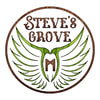

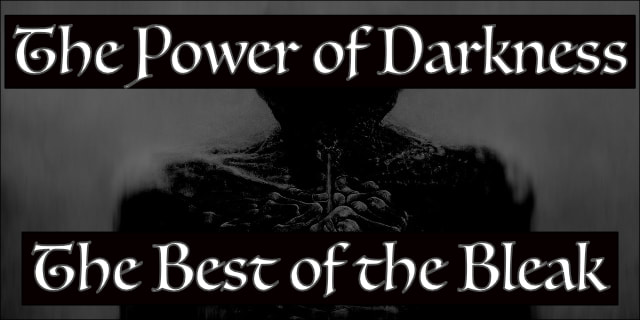

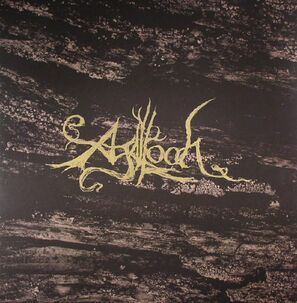

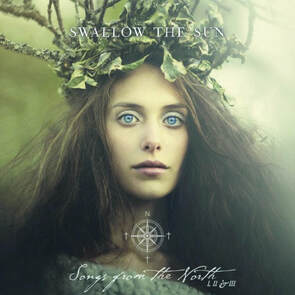
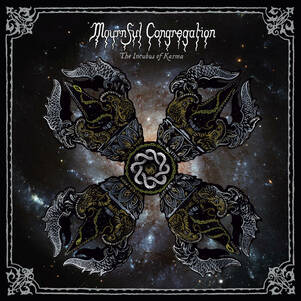
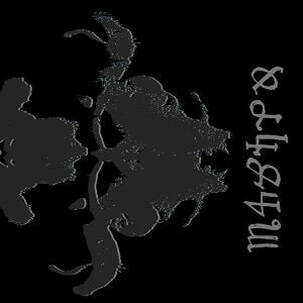
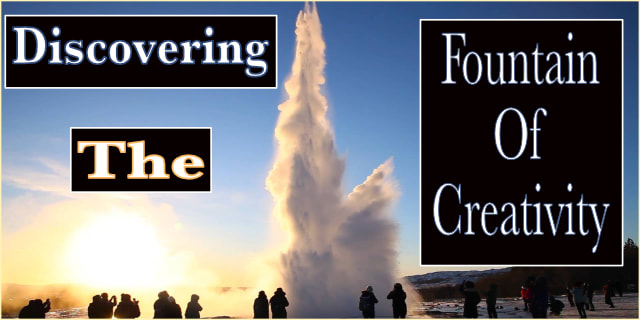
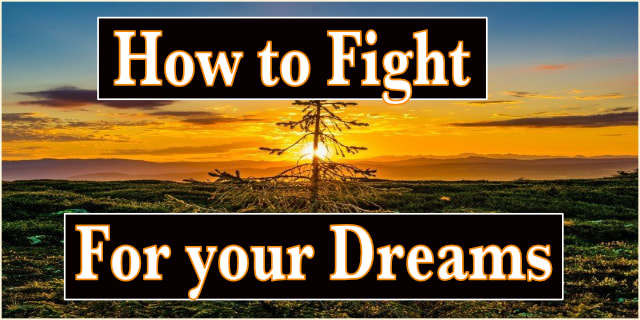
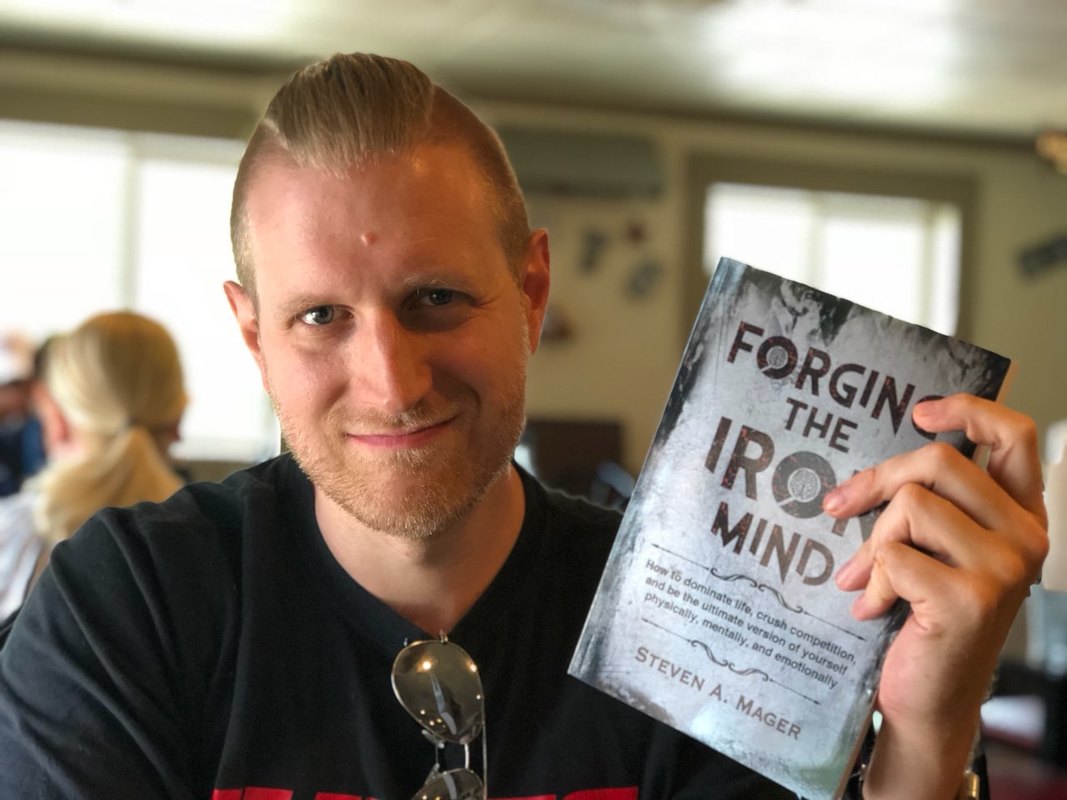
 RSS Feed
RSS Feed